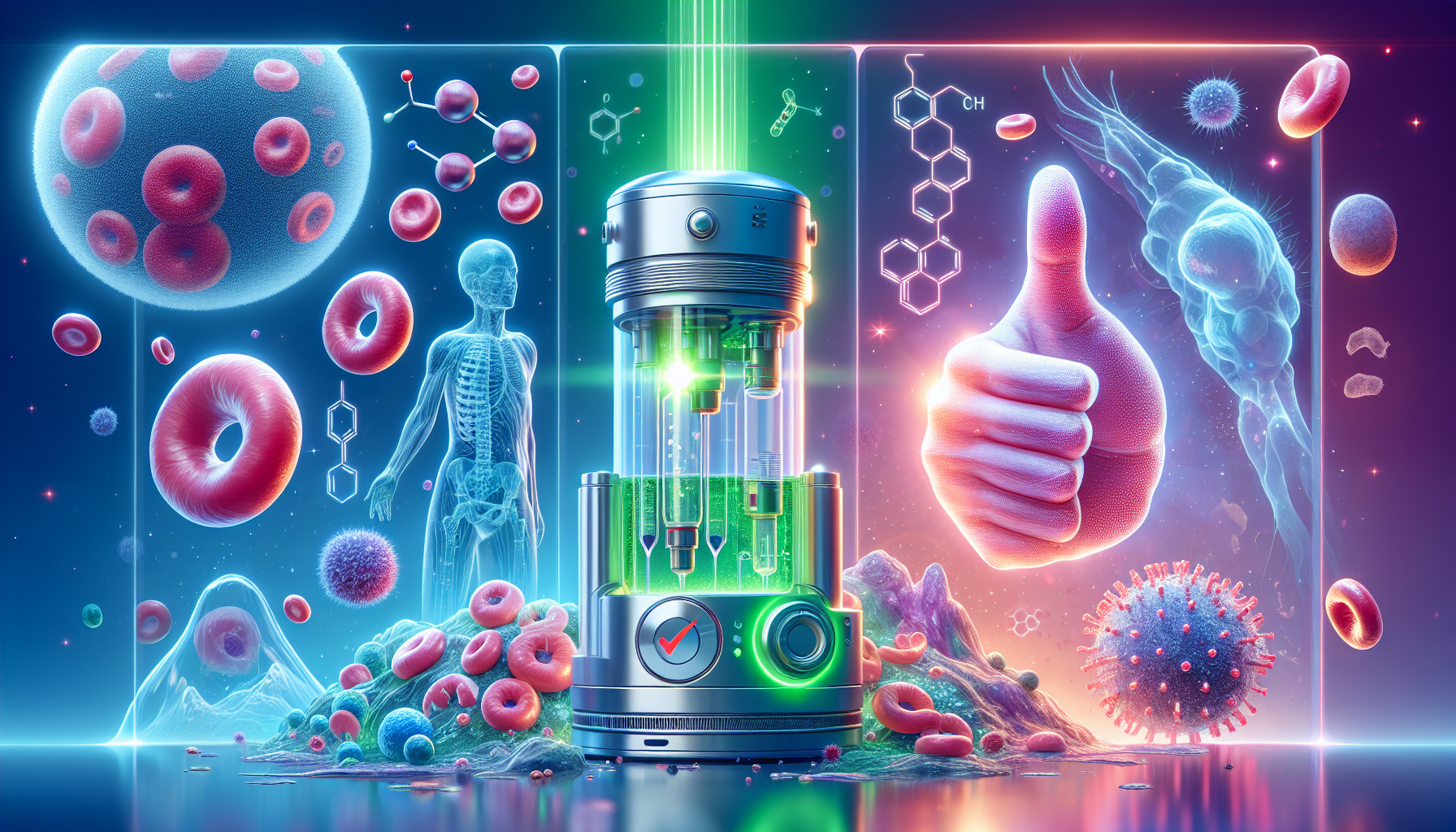Breakthrough in Lupus Treatment: New Data on Relma-Cel Injection from China
Key Takeaways
- Relma-cel shows promise in inducing remission in SLE patients.
- High response rates observed across various dosage groups.
- Manageable safety profile with significant potential for future use.
Did You Know?
Introduction to Systemic Lupus Erythematosus (SLE)
Systemic lupus erythematosus (SLE) is a chronic autoimmune disorder that results in widespread inflammation and damage to various body tissues. Affecting about one million people in China, it poses a significant health burden, particularly for those with severe disease activity requiring intensive treatment.
Current Treatments and Limitations
Traditional therapies for SLE include corticosteroids, NSAIDs, antimalarial drugs, and immunosuppressive agents. Despite their effectiveness, these treatments often lose efficacy over time and come with a multitude of side effects, impeding long-term disease management and patient prognosis.
Details of the Relma-Cel Clinical Study
In an effort to explore more effective treatments for SLE, JW Therapeutics conducted a single-arm, open-label, multi-center study (NCT05765006) on the relmacabtagene autoleucel (relma-cel) injection. Participants received intravenous CAR-T cell infusions at varying doses to assess safety and efficacy.
Participants and Treatment
As of April 2024, 12 patients had enrolled in the study, with follow-up extending over 9 months for some. The data presented focused on three women with multiorgan involvement who received a low-dose (25M) infusion and experienced significant improvements in disease activity post-treatment.
Key Findings in Low-Dose Group
The three patients all showed marked reductions in their disease activity scores from as high as 14 to nearly zero, and two achieved low disease activity statuses. Remarkably, none of these patients required corticosteroids or immunosuppressants after the treatment, highlighting the potential of relma-cel to provide substantial relief even at lower doses.
Safety and Efficacy Across Dosage Groups
The study found a 100% SRI-4 response rate within 3 months post-infusion for patients across all dosage groups. Most patients discontinued traditional medications, reducing their overall treatment burden. Safety data showed manageable side effects, with specific adverse events like cytokine release syndrome (CRS) being effectively treated.
Long-Term Outcomes
Continued follow-up indicated ongoing improvements, with patients maintaining disease control and minimizing organ damage. Additionally, significant decreases in disease activity markers, such as anti-double-stranded DNA antibodies and urinary protein levels, were observed.
Mechanism of Action
Relma-cel facilitates rapid expansion of CAR-T cells and peripheral B-cell depletion, which peaks around Day 8 post-infusion. This cellular activity helps maintain disease control by targeting and eliminating cells contributing to the autoimmune response.
Implications for Future Treatment
The promising preliminary results of relma-cel underscore its potential as a groundbreaking therapy for SLE. The therapy aims to move quickly towards regulatory approval, with hopes to offer patients an effective and safe treatment alternative that could transform SLE care.
Conclusion
The preliminary clinical data from relma-cel injections in SLE patients show significant promise, highlighting the therapy's potential to induce lasting disease remission with a favorable safety profile. Future studies and regulatory dialogues are anticipated to advance this therapy towards broader clinical use.
References
- JW Therapeutics Official Websitehttps://www.jwtherapeutics.com
- EULAR 2024 Conferencehttps://www.eular.org
- ClinicalTrials.gov - Relmacabtagene Autoleucel Studyhttps://clinicaltrials.gov/ct2/show/NCT05765006





